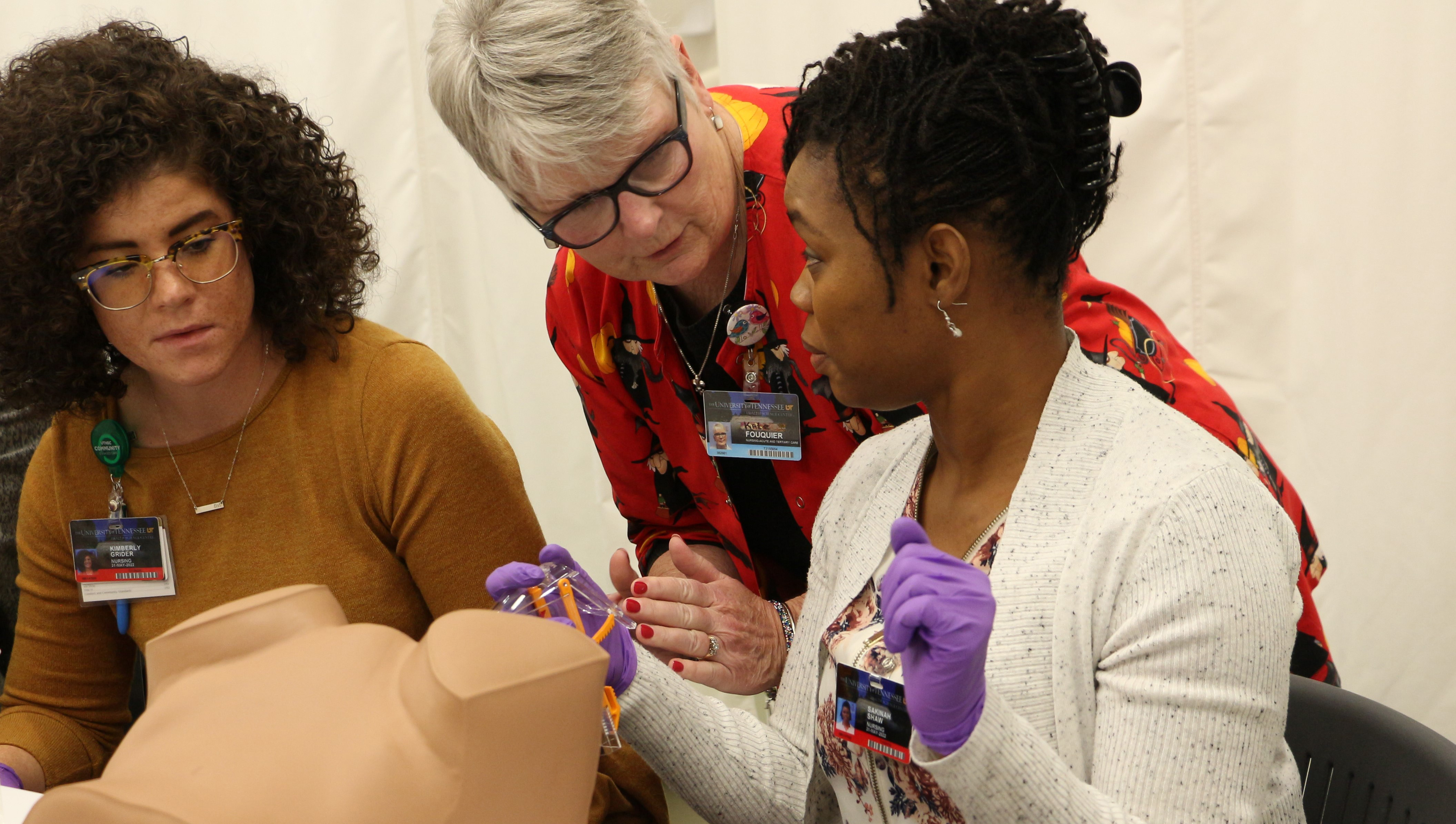DOI
10.21007/con.dnp.2022.0029
Faculty Advisor
Michelle Rickard, DNP, CPNP-AC
Document Type
Poster
Publication Date
Spring 4-25-2022
Disciplines
Analytical, Diagnostic and Therapeutic Techniques and Equipment | Anesthesia and Analgesia | Health and Medical Administration | Investigative Techniques | Medical Specialties | Medicine and Health Sciences | Nursing | Nursing Administration | Pediatric Nursing | Pediatrics | Perioperative, Operating Room and Surgical Nursing | Surgery | Surgical Procedures, Operative
Abstract
Purpose/Background The pediatric craniotomy procedure is a complex and painful procedure that requires adequate pain management and frequent neurological assessments. Generally, evidence for pediatric pain management is severely lacking in research, and evidence for pediatric craniotomy patients is lacking even further. This scoping review aims to collect, condense, and review the current data in order to fuel future studies to establish more data, protocols, and evidence-based recommendations for analgesia in the pediatric craniotomy patient population.
Methods The studies selected were peer-reviewed, published in a medical or nursing journal, included study ages 0-21 years, or provided evidence on pediatric analgesia. Sources used include randomized controlled trials (RCT), systematic reviews, cohort studies, and qualitative studies. An excel spreadsheet and tables comparing the following data were created: age, gender, diagnosis, analgesia intra/post-operatively, pain scores for baseline and breakthrough pain, and the need for rescue pain medication. All data was reviewed and synthesized.
Results The results were variable. The studies provided no uniform recommendation for a specific protocol for pediatric craniotomy pain management. Many of the studies suggested the combination of non-opioid (acetaminophen) and opioid agents in order to decrease the use of opioids and provide better overall pain relief. NSAID use cannot be definitively recommended because safety standards have not yet been established. Due to their risk of respiratory and central nervous system depression opioids remain a major cause of adverse events post-craniotomy.
Implications for Nursing Practice Evidence supporting standardized analgesia is lacking for pediatric craniotomy patient. While studies continue to be conducted and published, medicine is behind in evidence-based recommendations for postoperative pediatric analgesia. Current available data supports concurrent use of opioid and non-opioid in pediatric post-operative pain management, and there is a strong foundation to support further research for a regimen that adequately manages pain and preserves neurological assessments.
Recommended Citation
Hiltenbrand, Jessica M. BSN, RN; Scarbrough, Sydney A. BSN, RN; Shirley, Kaitlyn E. BSN, RN; and Rickard, Michelle DNP, CPNP-AC , "Pain Management in Postoperative Pediatric Craniotomy Patients: A Scoping Review" (2022). Doctor of Nursing Practice Projects. Paper 29. http://dx.doi.org/10.21007/con.dnp.2022.0029.
https://dc.uthsc.edu/dnp/29
Included in
Anesthesia and Analgesia Commons, Health and Medical Administration Commons, Investigative Techniques Commons, Nursing Administration Commons, Pediatric Nursing Commons, Pediatrics Commons, Perioperative, Operating Room and Surgical Nursing Commons, Surgery Commons, Surgical Procedures, Operative Commons


